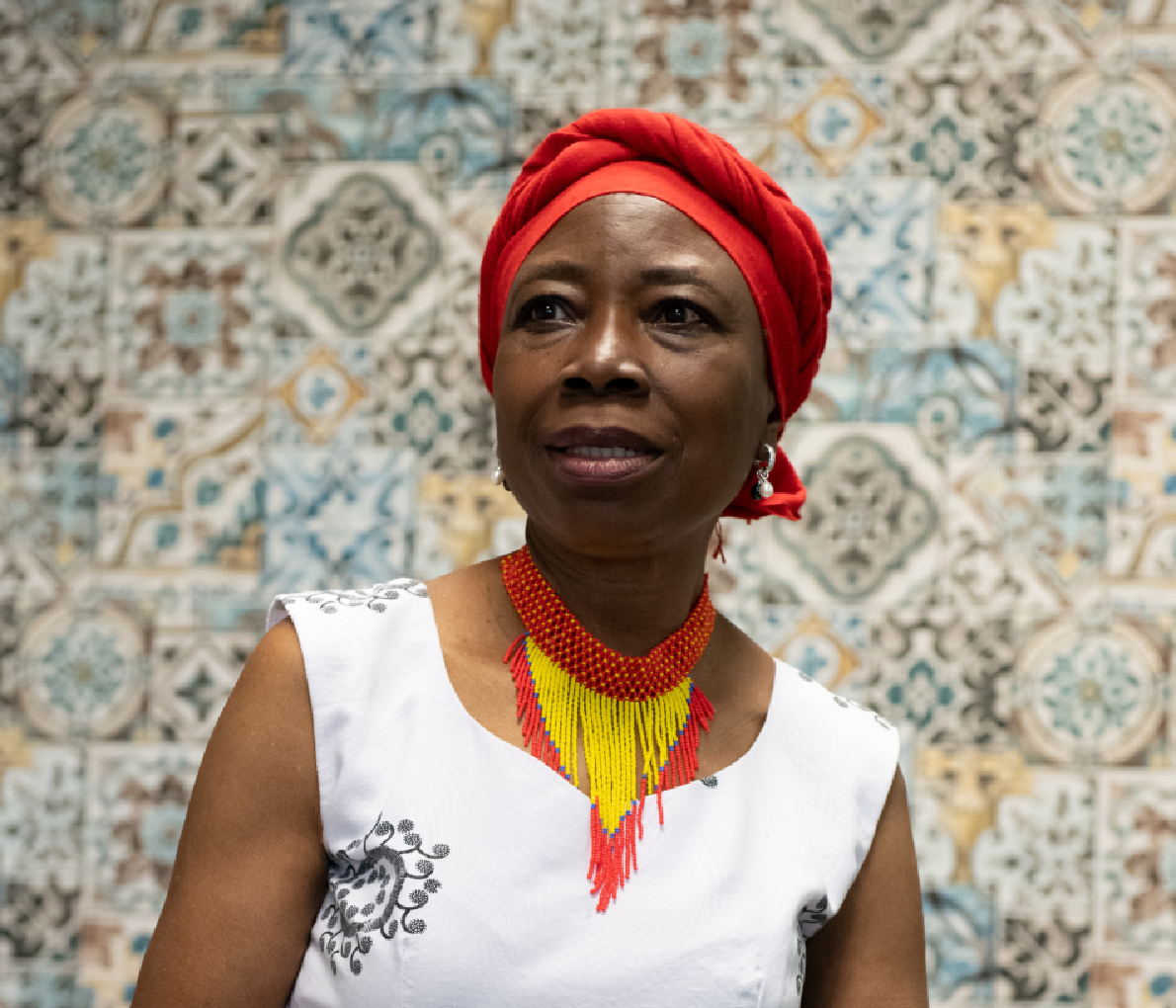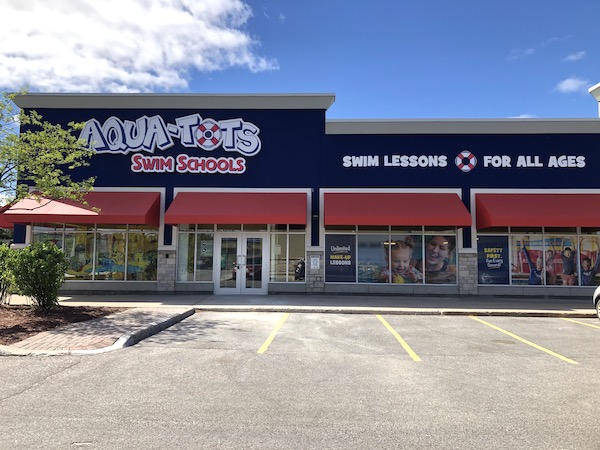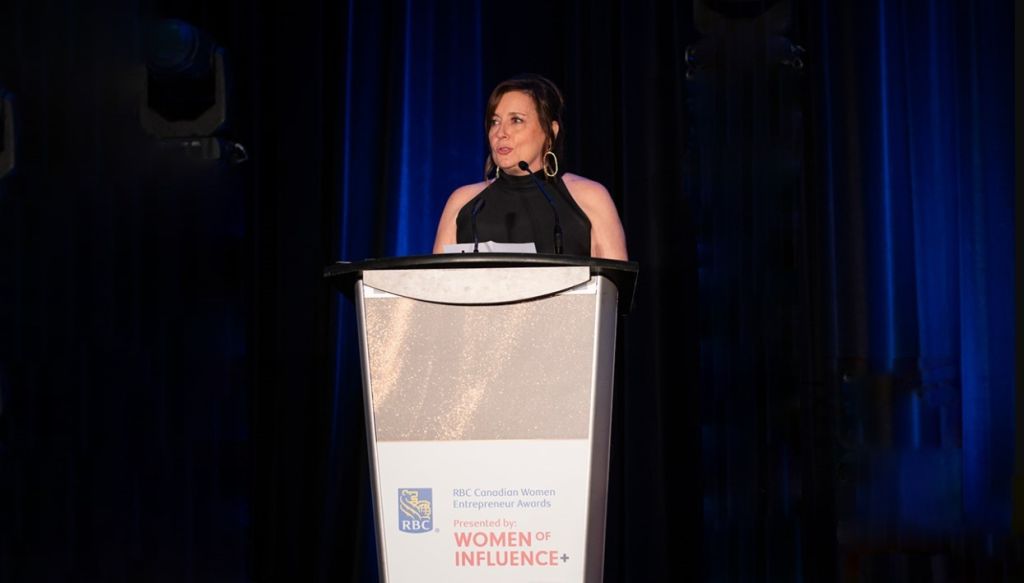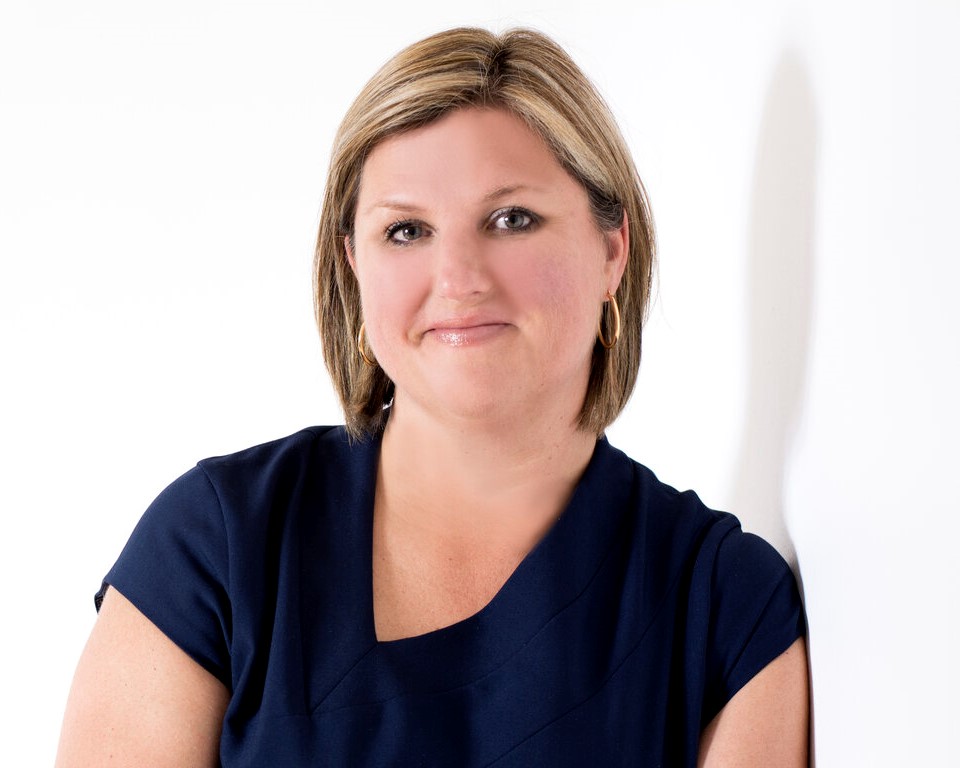Published February 23, 2022 • 6 Min Read
Dr. Lloydetta Quaicoe is the winner of the 2021 RBC Canadian Women Entrepreneur Awards (CWEA), Bell Social Change Award: Regional Impact. She holds a PhD in Education from the University of South Australia, specializing in newcomer children’s education, acculturation, and belonging. One of the main findings of her research “Psychosocial needs of new immigrant and refugee school children” was that many new immigrant and refugee students were experiencing unwanted social isolation, particularly if they did not speak English. “In Canada, the way the school system works, is students move from one grade to another. They build up their friendships and have a tight knit group by the time they get to junior and senior high school,” Dr. Quaicoe explains. “So when newcomer students come, they find it very difficult to break into these groups and feel isolated.”
She goes on to explain that many newcomer students had academic gaps as well, particularly among those coming from refugee camps or countries with violent conflicts. She also found they experienced racially motivated bullying – and because of language barriers, they couldn’t report to the teachers. “They were new to the school and afraid – they didn’t want to make trouble for anyone.”
Dr. Quaicoe wanted to take action on her findings and brought together some of the study participants – both newcomers and local students – so they could collaborate to find ways to make school more welcoming for newcomers. The students decided they wanted to put on a theatre production about a new immigrant student arriving from Afghanistan. The play featured a class bully, who everyone turned against by the end, as well as a message that the new student was just as important and valuable as everyone else.
“After the production, the students wanted to keep meeting – they wanted to meet two, three times a week,” says Dr. Quaicoe. So she decided to put together a structured program, which is how Sharing Our Cultures came to be. She gave the participating high school students the opportunity to research their own cultures and share it in a public forum. She then invited schools to attend a presentation and found that teachers wanted an opportunity for their students to engage and interact with newcomer students – and so Sharing Our Cultures evolved into a trade show style event where each cultural group would create a display about their culture and students from Grade 6 would attend. “I chose Grade 6 because those students are exploring world cultures in Social Studies and usually don’t get to interact with individuals from cultures they learn about in textbooks,” Dr. Quaicoe explains.
Multicultural workshops, presentations and collaborations
Dr. Quaicoe arranged for interested high school students to meet regularly at school, where Sharing Our Cultures would host workshops. They collaborated with Memorial University and some international students would facilitate small groups. “So if a student was preparing their display about China, we would pair them with students from China who were already in university. That was a good connection for them because it helped high school students see that someone from their country who speaks their language came to Canada and is now able to go to university. It motivated them to aspire towards higher education.”
The Sharing Our Cultures trade shows continued to evolve, taking place on or around March 21st – the UN International Day for the Elimination of Racial Discrimination. “We put a more positive spin on it saying that when you learn about other cultures, you get to develop friendships with people from diverse cultures, you will become less likely to have racist or discriminatory tendencies,” says Dr. Quaicoe. Pre-COVID, the shows were hosted at The Rooms in St. John’s and three years ago Sharing Our Cultures expanded to five other regions in the province.
Helping youth develop skills
In 2020, Dr. Quaicoe expanded Sharing Our Cultures further to become a social enterprise. “We felt we were at the stage where we should be generating our own revenue and also helping the community,” she says. “So we put together what we call Impactful Gifts. The idea was to organize some employability workshops for high school students and give them Canadian work experience.” For example, in their first year, they hired a sewing instructor and taught students how to make reusable and reversible bags – they created a pop-up market in a tourist area and gave students the opportunity to be sales associates. “We taught them how to use the cash machine and they gained confidence talking to customers,” explains Dr. Quaicoe.
The students earned a certificate at the end of the workshop and were given a reference letter indicating that they went through a four-month training program and learned various skills. The idea was that they could get work in restaurants or stores where they may not have been employable before.
Keys to success: Inclusive leadership and collaboration
For not-for-profit organizations, it can be difficult to grow, given the reliance on funding from fundraising and grants. Sharing Our Cultures has managed to expand through what Dr. Quaicoe describes as “our collaborative approach to everything we do.” The key to their success, she says, is an inclusive leadership and governance style, as well as the collaborative relationships she has fostered with groups, governments, organizations and the communities within her province. “From the very beginning, I tried to get as many key people around the table as I could. Even prior to getting into schools, I had a representative from the Department of Education, the school board and the teacher’s association working together,” she says. She goes on to explain that over the years, when launching a new project, the diverse voices and diverse expertise around the table made it possible to produce the best programs and events.
A beacon in the community
In addition to her leadership positions, Dr. Quaicoe is the creator, executive producer, and host of a multicultural television program on Rogers TV. “I pitched the idea to highlight the contributions that newcomers from diverse cultural backgrounds are making to the economic growth of the province,” she says, adding that the program helped gain more exposure for Sharing Our Cultures. “When there was the incident with George Floyd, people called us, asking how they could support our community. I found that we were well-positioned for that sort of interaction and engagement.”
Being honoured by the RBC Canadian Women Entrepreneur Awards has also opened doors for Sharing Our Cultures through additional recognition and exposure. In fact, some private companies have been in touch with them to see how they could support their efforts and help broaden students’ knowledge about diverse cultures. Says Dr. Quaicoe: “It’s wonderful that more and more people are seeing what Sharing Our Cultures does and the value we add in the province.”
This article is intended as general information only and is not to be relied upon as constituting legal, financial or other professional advice. A professional advisor should be consulted regarding your specific situation. Information presented is believed to be factual and up-to-date but we do not guarantee its accuracy and it should not be regarded as a complete analysis of the subjects discussed. All expressions of opinion reflect the judgment of the authors as of the date of publication and are subject to change. No endorsement of any third parties or their advice, opinions, information, products or services is expressly given or implied by Royal Bank of Canada or any of its affiliates.
Any information, opinions or views provided in this document, including hyperlinks to the RBC Direct Investing Inc. website or the websites of its affiliates or third parties, are for your general information only, and are not intended to provide legal, investment, financial, accounting, tax or other professional advice. While information presented is believed to be factual and current, its accuracy is not guaranteed and it should not be regarded as a complete analysis of the subjects discussed. All expressions of opinion reflect the judgment of the author(s) as of the date of publication and are subject to change. No endorsement of any third parties or their advice, opinions, information, products or services is expressly given or implied by RBC Direct Investing Inc. or its affiliates. You should consult with your advisor before taking any action based upon the information contained in this document.
Furthermore, the products, services and securities referred to in this publication are only available in Canada and other jurisdictions where they may be legally offered for sale. Information available on the RBC Direct Investing website is intended for access by residents of Canada only, and should not be accessed from any jurisdiction outside Canada.
Share This Article






